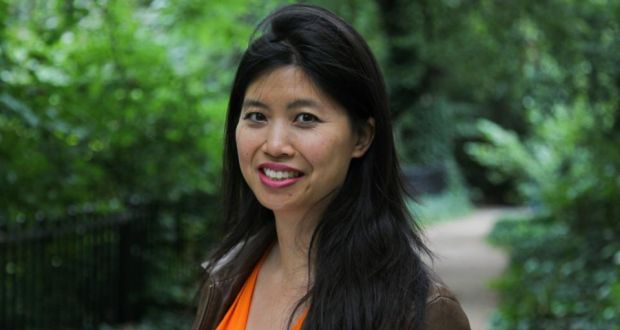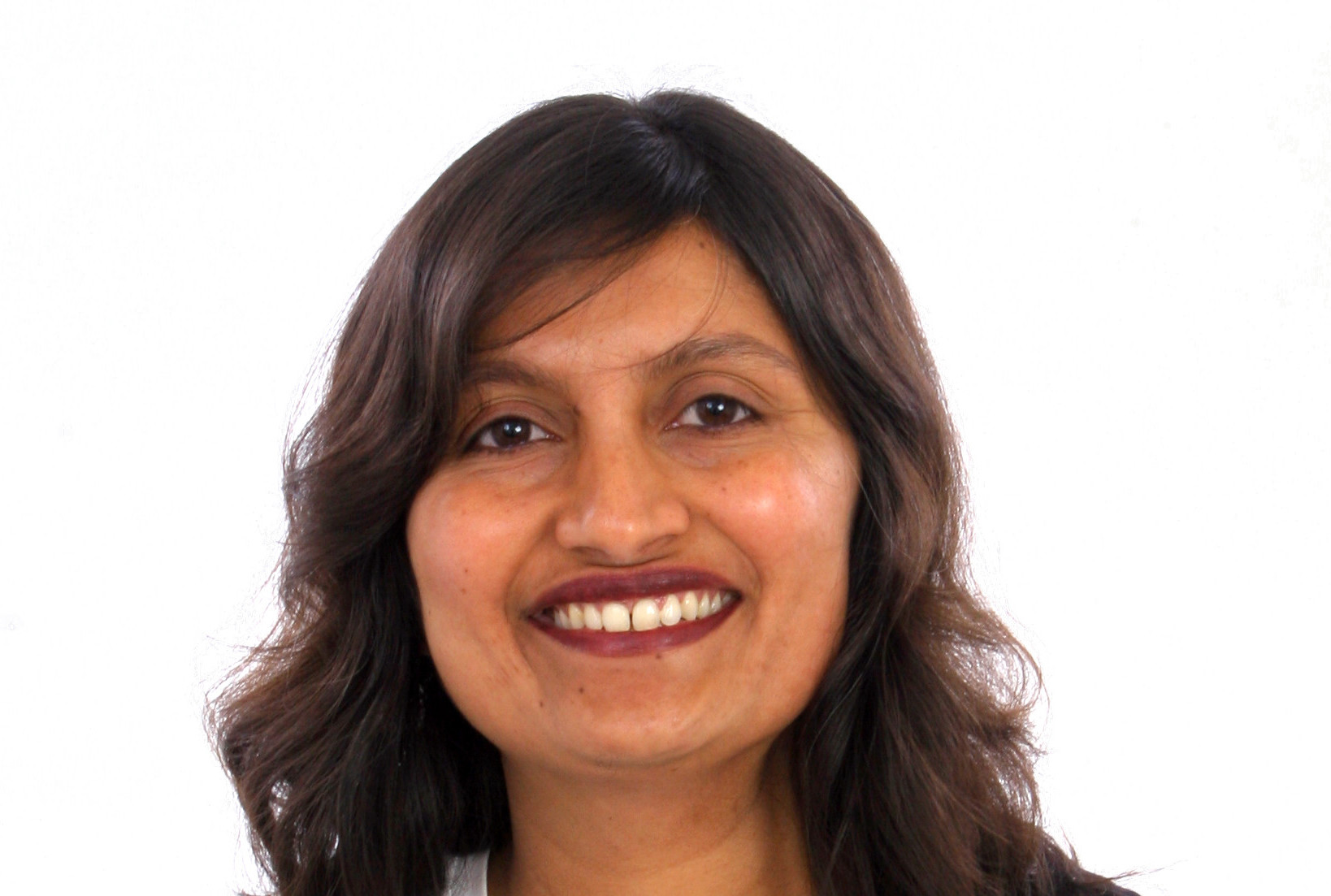With falling author earnings it is common for writers to supplement their income with teaching or part time work. But the portfolio career or ‘slashie’ – juggling two or three entirely different careers at the same time – is a new way of working and it’s on the rise. Crime writer Vaseem Khan tells us how he finds the time to fit it all in and how his day job complements his writing life.
With falling author earnings it is common for writers to supplement their income with teaching or part time work. But the portfolio career or ‘slashie’ – juggling two or three entirely different careers at the same time – is a new way of working and it’s on the rise. Crime writer Vaseem Khan tells us how he finds the time to fit it all in and how his other job complements his writing life.
In 2015 Vaseem sat on the BBC Breakfast red sofa to launch his debut novel, The Unexpected Inheritance of Inspector Chopra. Set in India the crime series follows the story of a retired police officer and his unusual side-kick, a baby elephant.
He says he always dreamed of becoming a writer. He wrote his first novel aged 17 and sent it off to publishers only to receive rejection after rejection. In the years that followed he moved to India and embarked on a career as a management consultant. He continued to write but with little in the way of mainstream success.
The book was written in a transition period when Vaseem had returned to London. After several failed attempts he says he decided to write a book for himself capturing the memories of his time in India which spanned a decade. The Unexpected Inheritance of Inspector Chopra was a hit. Since, Vaseem has written four more books in the series and two novellas, travelled across the UK to every major crime festival, hosted a weekly book club in his local library and started a podcast – all while maintaining a full time career as a business development director.
Vaseem tells me he doesn’t have a ‘typical’ job. If he did he probably couldn’t do what he does. Working in the higher education sector allows him to enjoy a degree of flexibility. Vaseem spends early mornings writing and arrives at the university where he works at around 10 o’clock. He works from home at least once a week. His work involves securing funding and managing research projects. He spends much of his time organising projects and people, ensuring everything runs to time. It is this aspect of the job which he says has helped to shape his mind-set and put him in good stead for a second career as a writer. But despite achieving commercial and critical success he says he isn’t ready to give up his day job just yet.
“I love the job that I do. I love being involved in the research that we do. As cheesy as it sounds, I feel that it is contributing something valuable to society.” He says his career has helped his writing in specific ways. “I write crime fiction and for the past 14 years I’ve worked in a department of security and crime science which means I have access to the latest research.”
Vaseem doesn’t always use the research he comes across, though he tells me it is useful to be surrounded by it as it gives him an insight into the possibilities in DNA analysis or forensic science, for example. He plans out his writing projects in great detail and rarely gets stuck or suffers from writer’s block. After the planning stage he sits and writes a thousand words every day for three months.
“I’m incredibly organised,” he says. “I’m always early to meet my deadlines.” As well as helping him to find time to write, his working life has helped him to manage a busy schedule. “Being organised means that I can juggle,” he adds.
Vaseem spends many weekends speaking at festivals across the country. This helps to boost his author income, the bulk of which is earnt through royalties.
Festival appearances can earn him between £50 and £450 per gig. Larger festivals will also pay for travel and accommodation. He says there is never a question of speaking for free – though he will do the occasional talk for a charitable cause or prison visit for no fee.
In recent years, Vaseem has also been invited to judge literary competitions such as the London Writers’ Award and the Betty Trask Award. Fees for this can be anything between £500 and £1700. Vaseem has always been a voracious reader and says that being part of the judging process is more than about money, it’s also an opportunity to champion new writers.
“There are a lot of exciting voices that just require the right platform to be able to express themselves to a wider audience. And that’s quite exciting as a judge, to come across some really, really good books and be in a position to help them to the next stage.”
He recently set up a podcast called Red Hot Chilli Writers with a group of writers including fellow crime novelist Abir Mukherjee to do just this. While the podcast isn’t a commercial venture, Vaseem sees it as a marketing activity that helps him engage with the sector and helps to raise his profile.
“Writers have a responsibility to help market not just their work but themselves. This is a mistake a lot of writers make. When the publisher encourages them to do some marketing they think all it means is sending out a couple of tweets about their book. “They couldn’t be more wrong.”
The impetus behind the podcast is to platform new writers alongside established names. Previous guests have included Ann Cleeves, Natasha Pulley and Nikesh Shukla. It is an opportunity for writers to talk about matters other than writing and books. He says they don’t want to bang on about diversity but instead create a space for writers to be represented on their own terms.
He tells me that his own experience of the industry has been extremely positive. He feels well looked after by his publisher Mulholland Books (a Hodder imprint), as well as the crime community, who have been incredibly supportive.
However, he says there is still an expectation as an Asian writer to write a certain type of fiction and the lack of creative freedom or pigeon-holing can be stifling. He tells me he doesn’t want to be restricted to writing characters that share the same cultural background as himself or topics around India.
“Can I, as an Asian writer, write white characters with no connection to India or to my heritage? Will the industry accept that? Will readers? I’m not so sure that we’ve reached that point so a lot of work still needs to be done.”
~ Vaseem Khan
His next novel, Midnight at Malabar House, is the start of a new series, a historical crime novel set in 1950 in India and introducing Persis Wadia, India’s first female police detective.
“I want the freedom, should I choose to, to write whatever I want and know that the industry will accept that.”

Vaseem’s average income sources : breakdown
- 15% speaking / consultancy
- 3% PLR
- 2% ALCS*
- 5% Commissions
- 22% Advance
- 3% Judging competitions
- 35% Royalties
- 15% Option / film advance
*ALCS is a not-for-profit organisation set up in 1977 to secure fair compensation for the re-use of writers’ works. It is the only society in the UK that collects royalties for authors derived from the photocopying and scanning of books and journals, and broadcast retransmissions for radio plays, TV and film scripts. With over 100,000 members, to date ALCS has paid out £450million worth of secondary royalties to all types of writers.

